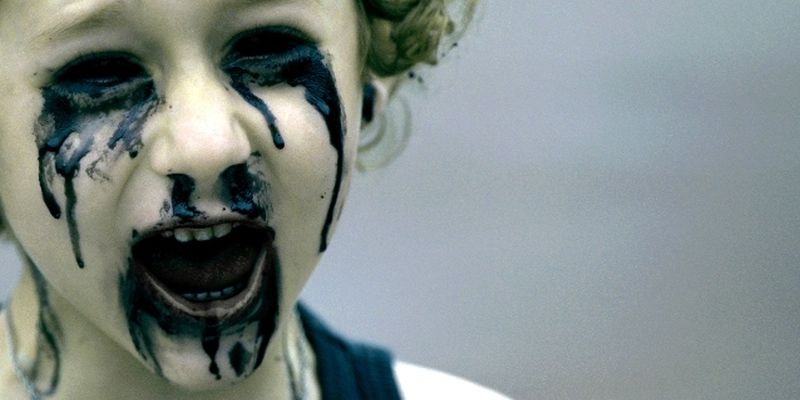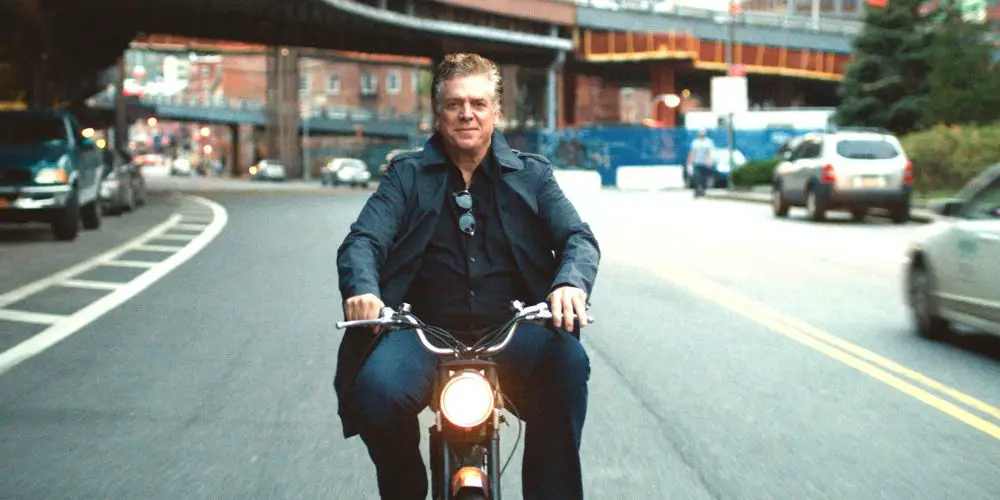2015
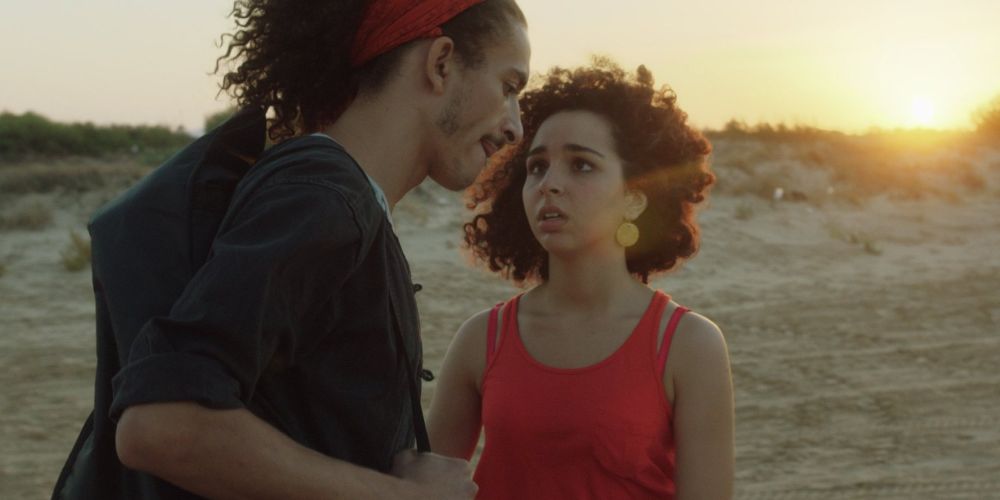
Leyla Bouzid’s French-Tunisian drama goes above and beyond the traditional coming of age story, using one girl’s journey to adulthood to explore politics, revolution and state sanctioned violence. As I Open My Eyes, gaining international attention for its portrayal of the Arab Spring, seeks to tackle such a prominent and life altering event through the eyes of its young protagonist: Farah.
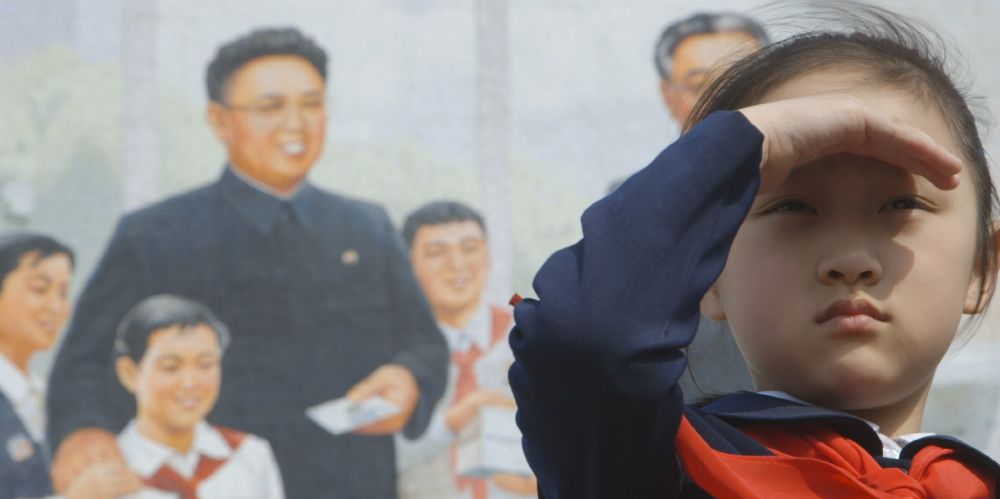
Despite frequently being labeled the most reclusive country in the world, in the past half decade or so there have been a preponderance of documentaries about North Korea. TV shows, websites and documentary filmmakers have all offered their own spin on what is colloquially referred to as “The Hermit Kingdom”. Though told in different ways, all of these pieces have generally come to the same conclusion:
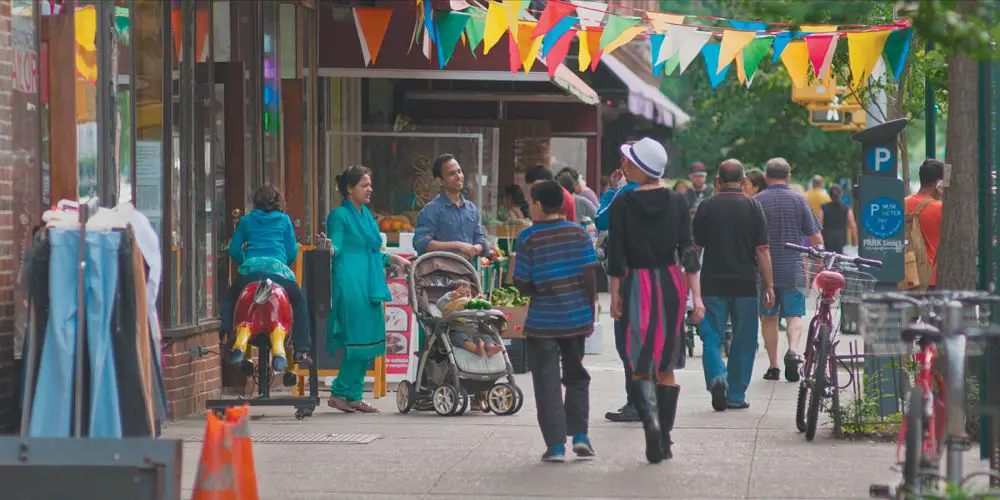
By definition documentaries sound like a pretty straightforward genre; but the evolution of the genre over the years is anything but simple. While I don’t want to sound combative towards the artistic growth of any art form documentaries have splintered into so many different directions, we’re running out of terms for all of the varied sub genres. For every Michael Moore, Alex Gibney, or Errol Morris there seems to be only one Frederick Wiseman which is why his work always feels like a breath of fresh air.
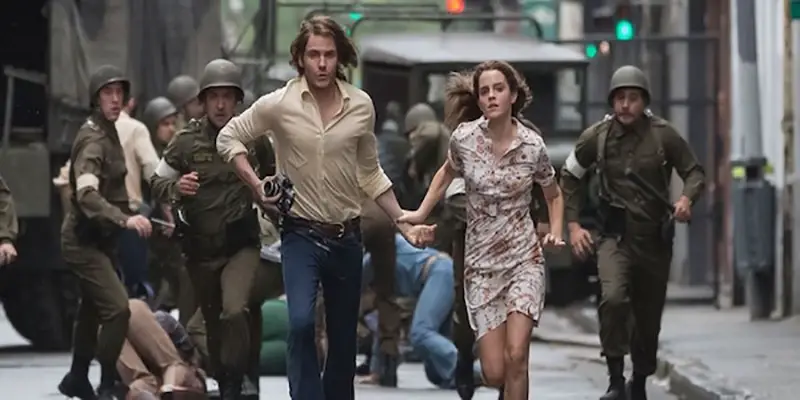
In 1973, Augusto Pinochet seized power in Chile and demoted the previous civilian rule to replace it with a military dictatorship. Colonia Dignidad, commanded by Paul Schäfer and other allies of Pinochet, served as a prison for political detainees under his regime, despite the bastille being concealed by the veneer of a farming commune. With a historical premise as intriguing as this, it’s unfortunate how much Colonia’s (also known as The Colony) filmic portrayal falters more than it succeeds.

From up-and-coming director Pedro Morelli and first-time screenwriter Matt Hansen, Zoom is a fascinating fantasy drama about artistic identity. Tracking the lives of three central protagonists, Morelli miraculously creates a strange, circuitous world wherein everything is connected. Despite seemingly existing within the confines of each other’s imaginative works of fiction, comic book artist Emma Boyle (Alison Pill), movie director Edward Deacon (Gael García Bernal), and aspiring novelist Michelle (Mariana Ximenes) soon bleed into each other’s codependent realities.
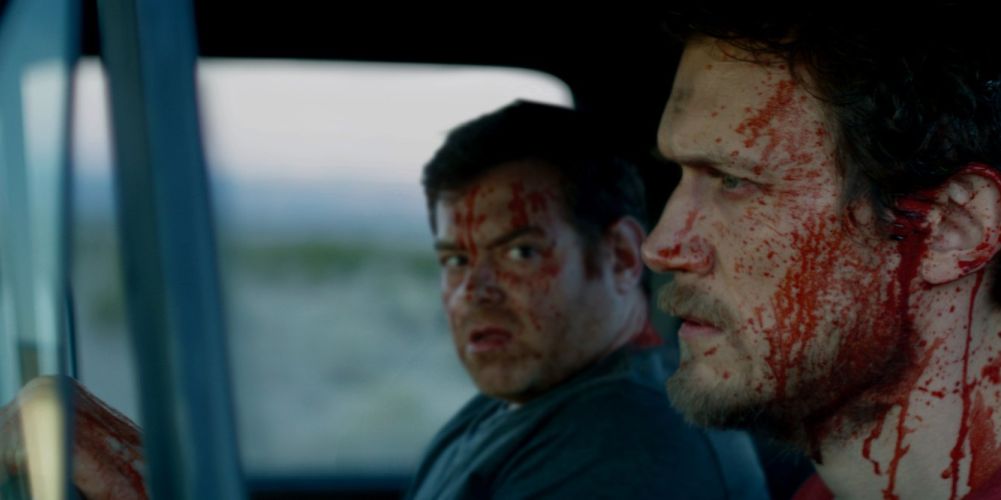
The title of horror anthology Southbound implies a deep sojourn into racist, redneck Americana, locked and loaded under a blood red, lone star. This is a Democrat’s version of hell, ruled by Donald Trump’s tentacles and all of his Republican demons, suckered into building a never ending wall between America and the rest of the world. Southbound suggests a one-way ticket to Hades, but its various characters are still on their terrifying journeys, clutching desperately to their ever diminishing morality.

Racism in France has been a long-discussed topic within cinema, from Mathieu Kassovitz’s eponymous film La Haine to 2011’s hit comedy Les Intouchables. In recent days Muslim/Arab citizens have been the focus of racial prejudice from the French justice system; Fatima could not come at a better time with its refreshing take on Arab/French culture. Philippe Faucon adds to this conversation with a portrayal of racial tension in France.
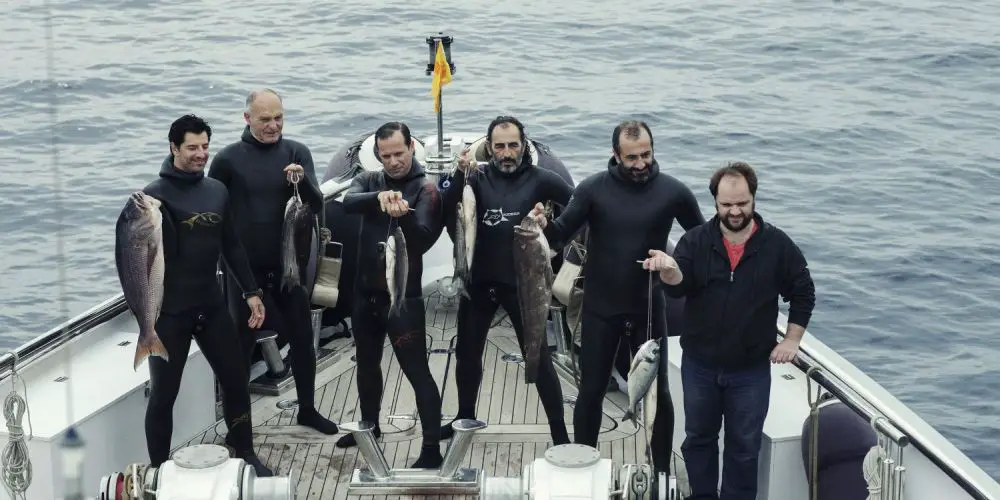
Chevalier is the uncomplicated story of six men on a diving expedition in the Aegean sea, and how their competitiveness is almost the undoing of all of them. Named as Best Film at the London Film Festival in 2015, it is an extraordinary film and one that is unmissable for anyone who enjoys a deeply disturbing comedy. Despite having no female characters, Athina Rachel Tsangari’s Greek comedy speaks from an authoritative feminist voice, forcing hyper-masculinity under the microscope with hysterical consequences.
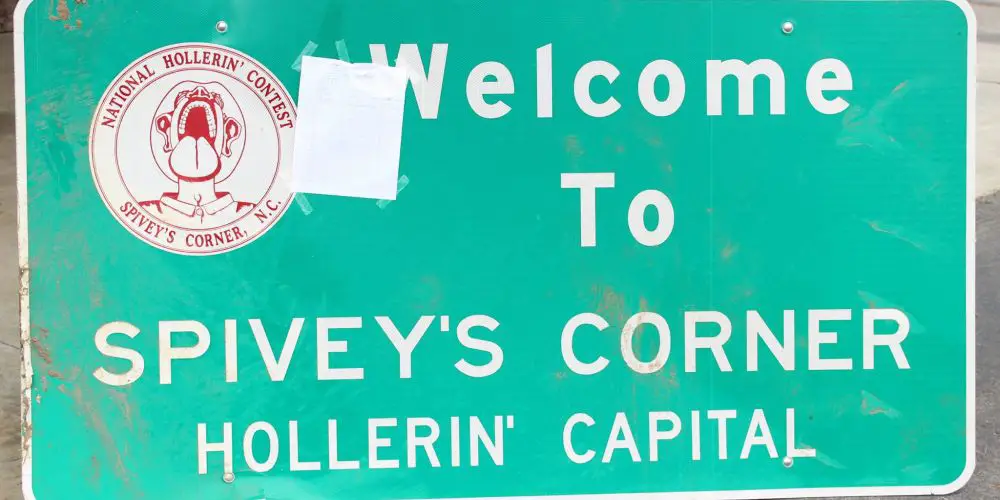
*Editorial Note: This documentary short won the Best Documentary prize at the first Drunken Film Fest, organised by Film Inquiry’s Jax Griffin. The documentary selections were hand picked by Arlin Golden, another contributor to the site* Every American community is home to countless strange pastimes and traditions, but many of these events don’t fully adapt to modern American life.

Chicken is a British drama directed by Joe Stephenson, which debuted last year in the UK at the Edinburgh Film Festival. It follows Richard and his older brother Polly, who find themselves continuously travelling in their caravan for a place to call home. Richard, younger and more optimistic in his view, seeks stability, but Polly’s ever-increasing abusive behaviour seems to be getting the better of him.
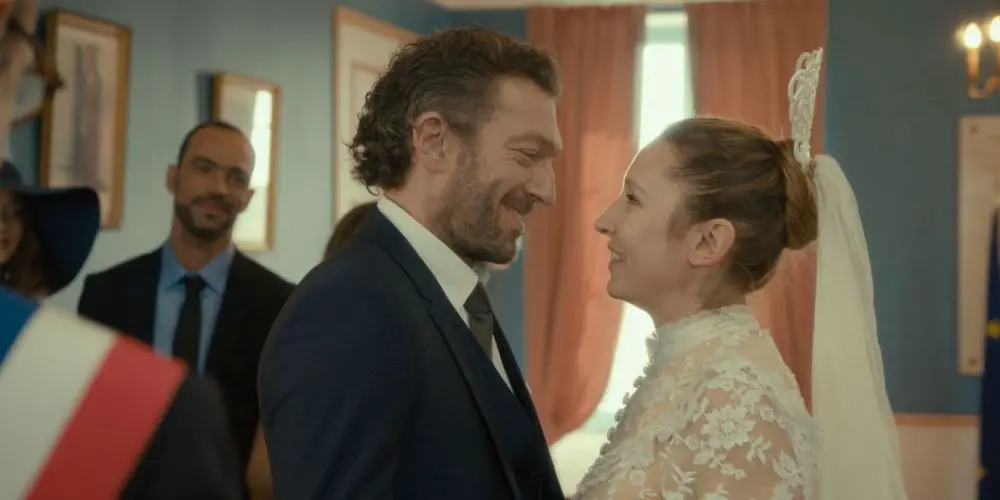
No matter what the critics say, film festival juries frequently appear to be in their own little bubble where they award the top prize to the film with the most political relevance, instead of the best artistic qualities. Last year at Cannes, the middling immigrant drama Dheepan trumped some of the year’s most widely acclaimed movies, from Son of Saul to Carol, for the festival’s top prize. But this was far from the only area critics were left bemused, as Rooney Mara’s performance in Carol suffered the indignity of sharing the Best Actress award with the unhyped Emmanuelle Bercot in My King.
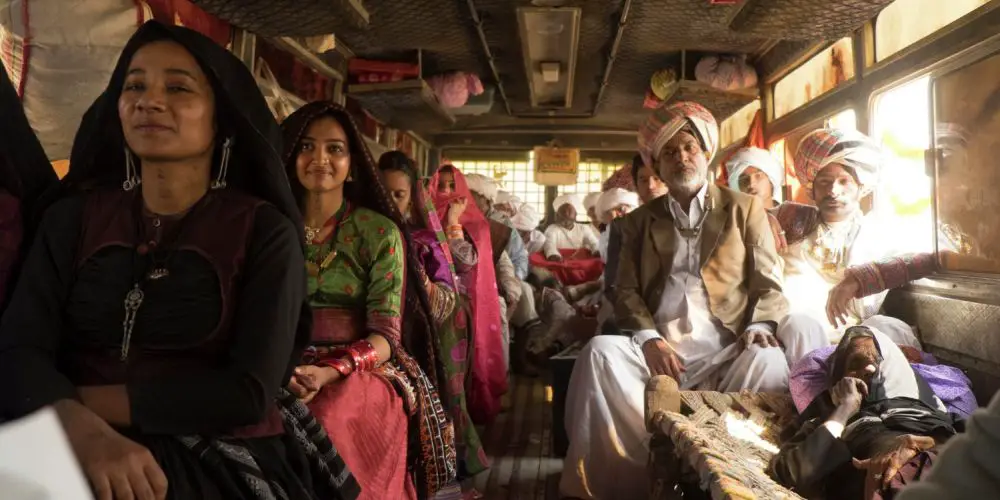
In the beautiful desert landscape of Gujarat, India, director Leena Yadav introduces us to a world of friendship, suffering and heartbreak within a story of four women, trying their best to overcome their individual struggles. Parched explores the ideas of tradition, culture and misogyny in the heart of rural India but with a compelling characters and strong friendships that feel universal to us all. Tradition & Culture The story centers around four women:
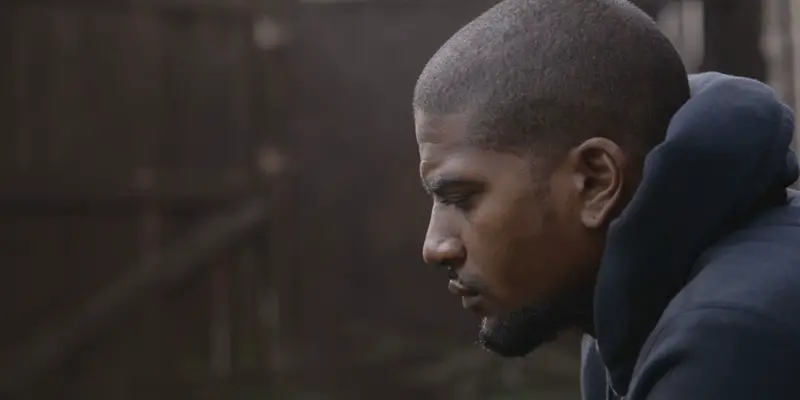
I was lucky enough to get the chance to interview The Hard Stop’s director, George Amponsah, producer, Dionne Walker and co-star Marcus Knox-Hooke, recently, before watching a screening of the film followed by an audience Q&A with Amponsah, Walker, Knox-Hooke and co-star Kurtis Henville. It was one of the most moving and insightful experiences I’ve had for a long time, and I’m still unravelling the many thoughts and feelings both the film and our conversation inspired. The IMDB description of the film The Hard Stop explains:


